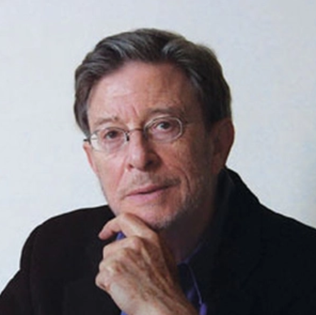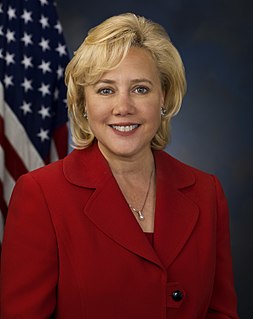A Quote by Stephen Cohen
On March 11, 1985, Mikhail Gorbachev became leader of the Soviet Union, and within a few weeks the full-scale reformation he attempted to carry out both inside his country and in its cold war relations with the West, particularly the United States, began to unfold.
Related Quotes
The Soviet Union began by banishing God. The United States began as a community of people who wanted to worship God as they chose. . . Man does not live by bread alone. Those in the United States whose desire to create a strictly secular society is as strong as Lenin's was should study this Cold War lesson closely. Communism was defeated by an alliance spearheaded by 'one nation under God.'
An old Russian woman goes into Kremlin, gets an audience with Mikhail Gorbachev and says, In America anyone can go to the White House, walk up to Reagan's desk and say, 'I don't like the way you are running the country.' Gorbachev replied, You can do the same thing in the Soviet Union. You can go into the Kremlin, walk up to my desk and say 'I don't like the way Reagan is running his country.'
When [Vladimir] Putin, a former lieutenant-colonel in the KGB, became Russia's president on December 31, 1999 - eight years after the failed coup attempt against (then Soviet leader Mikhail) Gorbachev, and eight years after the people had torn down the statue of Felix Dzerzhinsky, the hated founder of the KGB, in Moscow - it was admittedly a shock. Nevertheless, I decided to give Putin a chance. He seemed dynamic and capable of learning. But I had to bury my hopes after just a few months. He proved to be an autocrat - and, because the West let him do as he pleased, he became a dictator.
Those who remember Washington's cold war culture in the 1980s will recall the shocked reactions to Reagan's intervention. People interested in foreign policy were astonished when in 1985 he met alone at Geneva - alone, not a single strategic thinker at his elbow! - with the Soviet Communist master Gorbachev.
Gorbachev's administration was amazingly politically naïve, inexperienced and irresponsible towards the country. It was not governance but a thoughtless renunciation of power. The admiration of the West in return only strengthened his conviction that his approach was right. But let us be clear that it was Mikhail Gorbachev, and not Boris Yeltsin, as is now widely being claimed, who first gave freedom of speech and movement to the citizens of Russia.
Here I was in Estonia, doing a concert for 5,000 people, and not many people know the song My Way - Gorbachev in the 80s, My Way had just become a famous song, and [Mikhail] Gorbachev in a satirical, kind of cynical manner coined the term the Sinatra Doctrine and My Way was the song because the Baltic states in the Warsaw Pact wanted to go their own way and secede from the Soviet Union, so joking he says," Yeah, we've got the Sinatra Doctrine now."
NASA was invented as a response to Cold War steps. There are those who presumed that we went to the moon because we're explorers. We went to the moon because we were at war with the Soviet Union. And so when it became clear that they (Soviet Union) were not going to the moon, we're done with the moon.
One of the greatest concerns that I had when I became President was the vast array of nuclear weapons in the arsenals of the United States and the Soviet Union and a few other countries, and also the great proliferation of conventional weapons, non-nuclear weapons, particularly as a tremendous burden on the economies of developing or very poor countries.



































